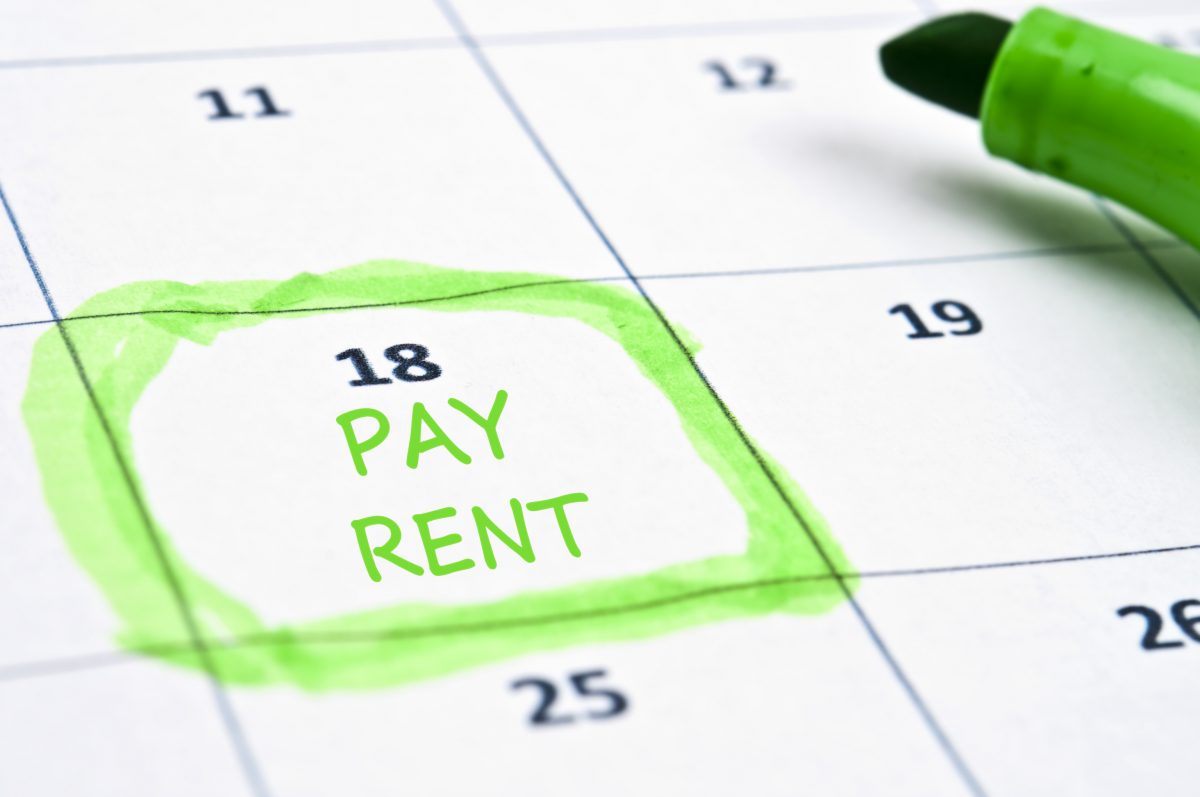Most of the stories about how the COVID-19 pandemic is affecting real estate have focused on the short-term effects on rent payments and the indirect effects on landlords’ ability to make their mortgage payments. The effects vary widely by area: the National Multifamily Housing Council (NMHC) reported that 88% of apartment tenants paid at least some rent in May. The Community Housing Improvement Program (CHIP) found that 25% of apartment tenants paid no rent in May. Why the difference? NMHC surveys 11 million units across the country. CHIP surveys 100,000 units, all in New York City, the urban area hit hardest by the pandemic. By contrast, in San Francisco 96% of residential tenants paid rent in May.
The effects also vary by sector: CHIP reported that 64% of retail tenants in the New York apartment buildings it surveyed – nearly two-thirds — did not pay rent in May. In San Francisco, 57% of commercial tenants did not pay rent in May.
Businesses will eventually reopen, but will their retail spaces be worth what they were before the pandemic? It depends on the business. At one extreme are the high-value, low-traffic retailers, who use their stores to display and sell merchandise and don’t need to accommodate many customers at one time – for example, Tiffany & Co., where customers rarely stood within 6 feet of one another. Stores such as Tiffany can display the same amount of merchandise and welcome the same number of customers as before. If their space is worth less than formerly, it will be because of general market conditions and not because of any change in their business practices.
At the other extreme are businesses that need space to hold customers. Two good examples are exercise studios and sit-down restaurants. If social distancing requirements cut in half the number of customers that they can serve at one time, then to them their space is worth half of what had been worth. More crowded venues such as bars and nightclubs may lose more than half their customer capacity.
What does this mean for landlords? If your existing leases to restaurants give you the right to monitor gross sales, ask for sales reports as your tenants reopen. Be prepared to renegotiate the rest of the lease term – and check your loan documents to see if you need your lender’s permission to drop the rent. If you’re considering a restaurant or bar as a new tenant, examine not just the restaurant’s concept and the owner’s operating history, but also the proposed seating plan and tenant improvements. Can the tenant easily adapt the seating plan to comply with the social distancing requirements that a COVID-21 or COVID-22 pandemic would generate? The provident landlord will test not just the financial strength of its prospective tenants, but also the resilience of their business model against the next pandemic.

